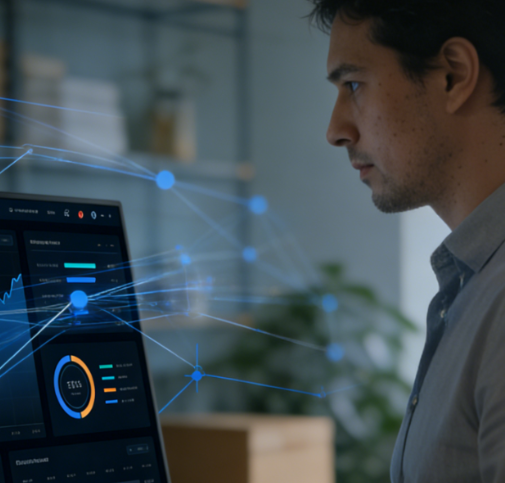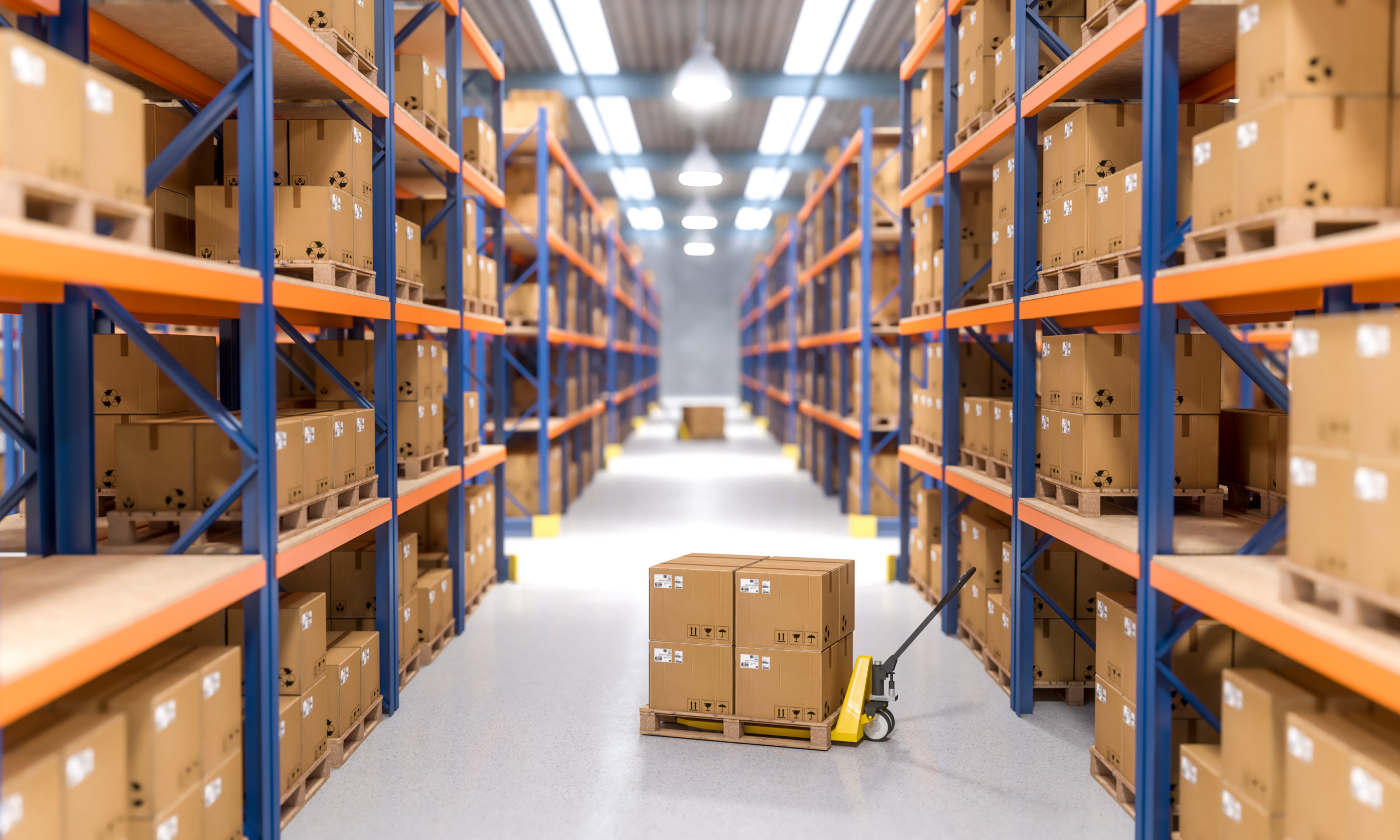¿Son seguras las plataformas de seguimiento de logística global? Lo que debe saber antes de compartir sus datos
Plataformas mundiales de seguimiento logístico están ahora en el centro del comercio internacional. Empresas y particulares confían en ellas para hacer el seguimiento de los envíos, gestionar las actualizaciones de aduanas y mantenerse informados sobre los plazos de entrega. Pero cuando se utilizan estas plataformas, también se comparten datos confidenciales: direcciones de empresas, detalles de pagos, nombres de clientes y, a veces, incluso registros financieros. Esto nos lleva a una gran pregunta: ¿son seguras las plataformas de seguimiento de logística global?
Esta guía explora lo que necesita saber antes de confiar su información a estos sistemas. Verás cómo funcionan estas plataformas, de dónde proceden los riesgos y qué medidas puedes tomar para mantenerte seguro.

1. Por qué es importante la seguridad en la logística mundial
1.1 Datos sensibles en cada envío
Cada pedido que pasa por un plataforma logística incluye detalles sensibles:
- Direcciones del remitente y del destinatario
- Información de contacto
- Descripción de los productos
- Valores de envío
Los piratas informáticos, los competidores o los actores fraudulentos pueden encontrar valor en estos datos. Si son robados, podrían perjudicar tanto a las empresas como a los clientes.
1.2 Aumento de la ciberdelincuencia y de los riesgos para la seguridad de los datos
Los informes muestran que las cadenas de suministro son uno de los objetivos de más rápido crecimiento para los ciberataques. Los delincuentes saben que las plataformas logísticas conectan a miles de socios. Si consiguen acceder, pueden comprometer a muchas empresas a la vez.
2. Cómo funcionan las plataformas de seguimiento logístico global
2.1 Funciones básicas de las soluciones de transporte marítimo seguro
Estas plataformas combinan el seguimiento de los envíos con la visibilidad del backend. Sus principales funciones son:
- Seguimiento de mercancías en tiempo real
- Conexión de transportistas, almacenes y oficinas de aduanas
- Automatizar las notificaciones a los clientes
- Integración con sistemas de comercio electrónico
2.2 Flujo transfronterizo de datos
A diferencia de los servicios de mensajería locales, las plataformas globales procesan información en muchas regiones. Esto significa:
- Los datos suelen cruzar distintos ordenamientos jurídicos
- El cumplimiento debe seguir múltiples normativas como GDPR en Europa o CCPA en California
- Las normas de seguridad varían en función de los socios del proveedor
3. Principales riesgos de seguridad que debe conocer
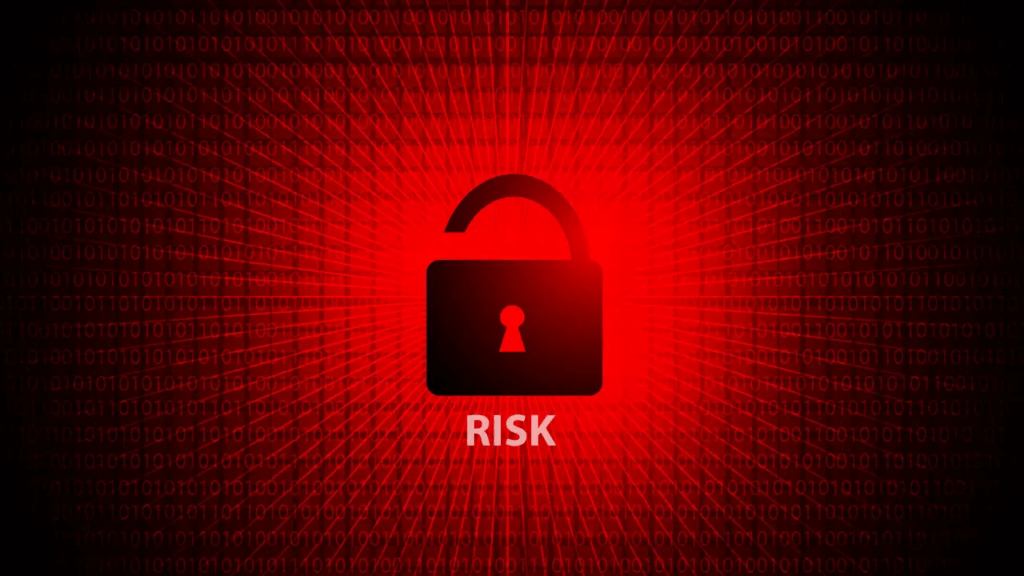
3.1 Filtraciones de datos
Los piratas informáticos pueden atacar las bases de datos para robar envío detalles. Estas filtraciones pueden exponer identidades de clientes, rutas comerciales y listas de inventario.
3.2 Amenazas internas
A veces el peligro viene de dentro. Los empleados o contratistas pueden hacer un uso indebido del acceso para obtener información o robar registros de clientes.
3.3 Cifrado débil
No todas las plataformas utilizan un cifrado fuerte para los datos en tránsito. Si la información se envía sin capas seguras, los atacantes pueden interceptarla.
3.4 Sitios web de seguimiento falsos
El phishing es otro riesgo. Los estafadores crean sitios de rastreo falsos para engañar a los usuarios y hacerles introducir sus credenciales de acceso. Una vez robadas, las cuentas pueden ser secuestradas.
4. ¿Son seguras las Plataformas Logísticas Globales?
La respuesta depende de la plataforma que elija. Algunos proveedores invierten mucho en seguridad, mientras que otros se centran más en la velocidad o el ahorro de costes. He aquí los factores que separan las plataformas más seguras de las más arriesgadas.
4.1 Uso de la encriptación
Una plataforma segura encripta los datos durante la transferencia y mientras están almacenados. Busca certificados SSL/TLS y mención del cifrado de extremo a extremo.
4.2 Auditorías periódicas de seguridad
Los proveedores reputados se someten a auditorías de terceros. Estas revisiones confirman el cumplimiento de normas como ISO 27001 o SOC 2.
4.3 Autenticación multifactor
Un sistema de inicio de sesión sólido va más allá de una simple contraseña. Las mejores plataformas ofrecen aplicaciones de autenticación o códigos de un solo uso.
4.4 Políticas de residencia de datos
Algunas plataformas permiten a los clientes elegir dónde se almacenan los datos. Esto es importante para cumplir la legislación regional y controlar quién puede acceder a la información.
5. Ventajas de las Plataformas Seguras de Logística Global
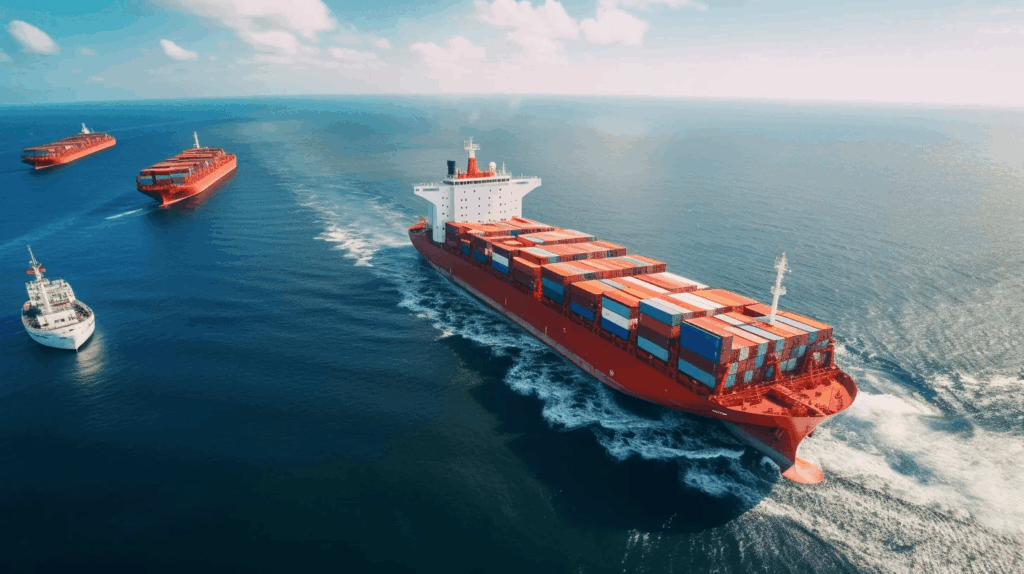
5.1 Confianza entre empresa y cliente
Cuando los clientes ven seguimientoSu confianza aumenta. Saben que sus datos se tratan con responsabilidad.
5.2 Eficacia sin preocupaciones
Los sistemas seguros reducen el tiempo de inactividad causado por hackeos o fraudes. Esto ayuda a que los envíos se muevan más rápido y reduce los costes ocultos.
5.3 Protección de los secretos comerciales
Para las empresas que envían productos sensibles, como productos electrónicos o farmacéuticos, la protección de los datos de envío también protege la propiedad intelectual.
6. Señales de advertencia de plataformas inseguras
No todas las plataformas cumplen las normas de seguridad. Ten cuidado si te fijas:
- No hay una política de privacidad clara
- No se menciona el cifrado
- Un diseño de sitio web genérico o anticuado
- Interrupciones frecuentes o retrasos en las actualizaciones
- Falta de atención al cliente
Si un proveedor no puede explicarte cómo protege tus datos, es una señal de alarma.
7. Qué puede hacer antes de compartir datos

7.1 Investigar al proveedor
Busque reseñas, certificaciones y referencias de clientes. Una plataforma con una sólida reputación suele ser más fiable.
7.2 Comprobar las condiciones del servicio
Muchos usuarios se saltan este paso, pero las condiciones explican cómo se almacenarán, utilizarán y posiblemente compartirán los datos con los socios.
7.3 Preguntar Seguridad Características
Antes de comprometerse, solicite detalles sobre:
- Métodos de cifrado
- Controles de acceso
- Historial de auditoría
- Políticas de supresión de datos
7.4 Forme a su equipo
Incluso la plataforma más segura puede verse comprometida si los empleados caen en la trampa del phishing. El personal debe saber identificar los enlaces falsos y las estafas.
7.5 Utilizar contraseñas seguras
Fomente las contraseñas largas y únicas para cada inicio de sesión. Combina esto con la autenticación de dos factores siempre que sea posible.
8. Normativa mundial que afecta a la seguridad

8.1 GDPR (Europa)
Exige una fuerte protección de los datos personales y permite a los clientes solicitar su supresión.
8.2 CCPA (California)
Otorga a los consumidores el derecho a saber qué datos se recogen y cómo se utilizan.
8.3 Legislación comercial internacional
Algunas regiones exigen que los datos sobre los envíos se almacenen localmente. Las empresas deben confirmar que las plataformas respetan estos requisitos.
9. Enfoque de PostalParcel en materia de seguridad
PostalParcel entiende que la seguridad no es opcional. Como socio logístico, nos centramos en:
- Utilización de un cifrado moderno en todos los servicios
- Cumplimiento estricto de las normas de comercio internacional
- Formación periódica de los equipos sobre prácticas de ciberseguridad
- Ofrecer a los clientes una visibilidad total del uso que se hace de sus datos
Este compromiso contribuye a generar confianza y garantiza la fluidez de las operaciones transfronterizas.
10. El futuro de la seguridad en las plataformas logísticas mundiales
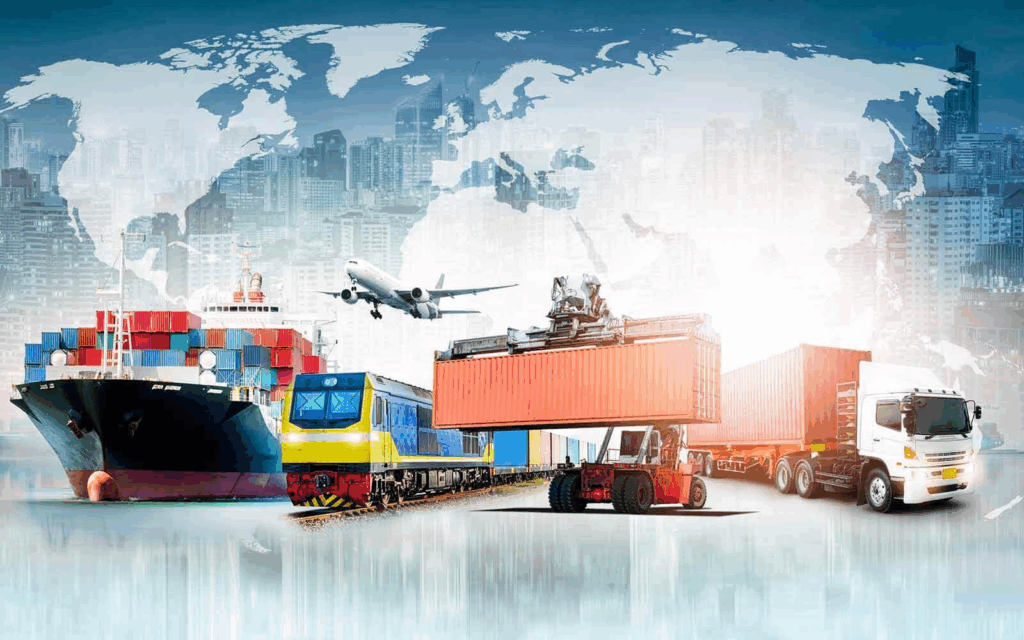
10.1 Blockchain para el seguimiento
Algunas empresas están experimentando con blockchain para crear registros inmutables de los envíos. Esto puede mejorar la transparencia.
10.2 Inteligencia Artificial para la detección de amenazas
La inteligencia artificial se está utilizando para detectar comportamientos inusuales en tiempo real, lo que ayuda a prevenir el fraude.
10.3 Datos controlados por el cliente
La tendencia es dar a los usuarios más poder sobre qué información se comparte y cuándo se elimina.
Conclusión
Las Plataformas Globales de Seguimiento Logístico ofrecen una comodidad y transparencia increíbles para envíos internacionales. Pero también recopilan una gran cantidad de información sensible. No todos los proveedores tratan la seguridad con el mismo cuidado. Antes de compartir sus datos, revise las prácticas de cifrado, cumplimiento y seguridad de la plataforma. Elija un proveedor que valore la protección tanto como el rendimiento. Si adopta medidas sencillas como verificar las condiciones, formar a los equipos y utilizar inicios de sesión seguros, podrá disfrutar de las ventajas del seguimiento global sin exponer su empresa a riesgos innecesarios.
Perspectivas del sector
noticias vía inbox
Nulla turp dis cursus. Integer liberos euismod pretium faucibua







